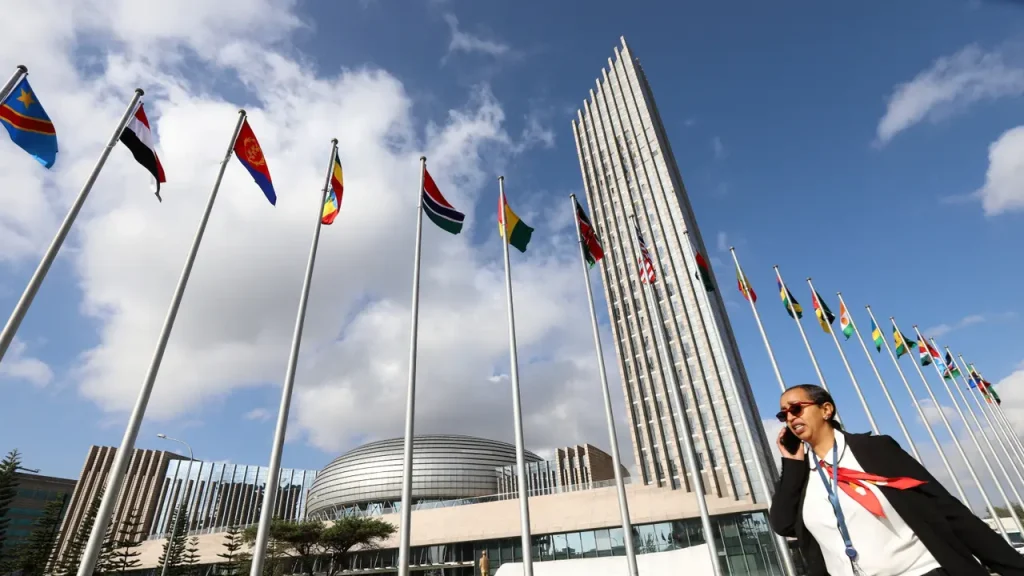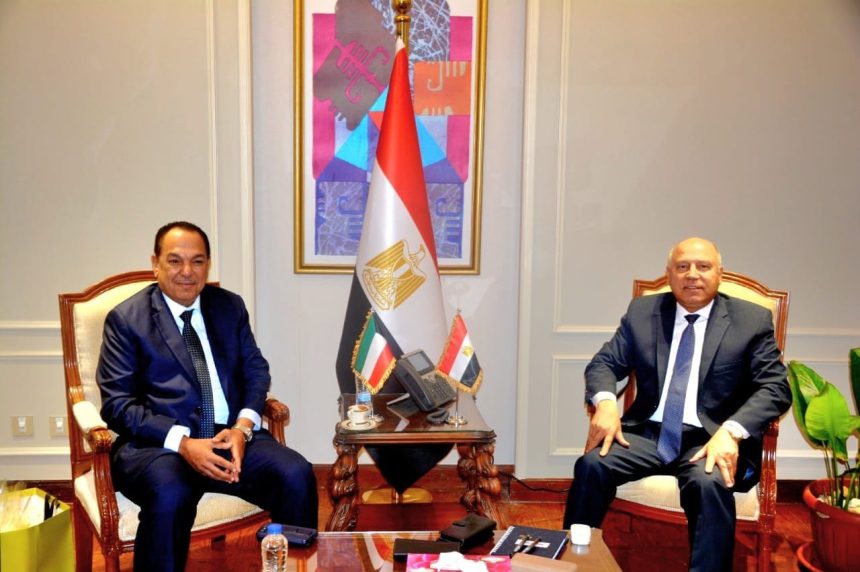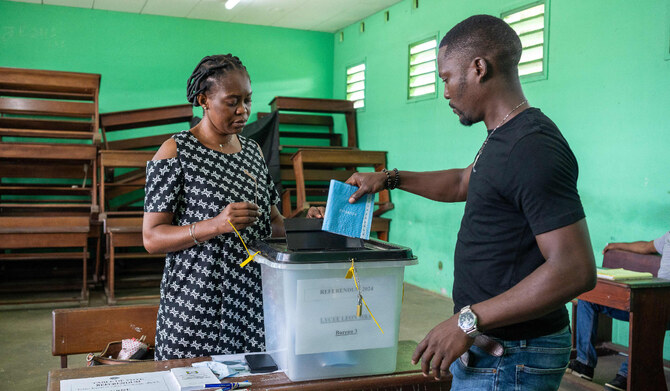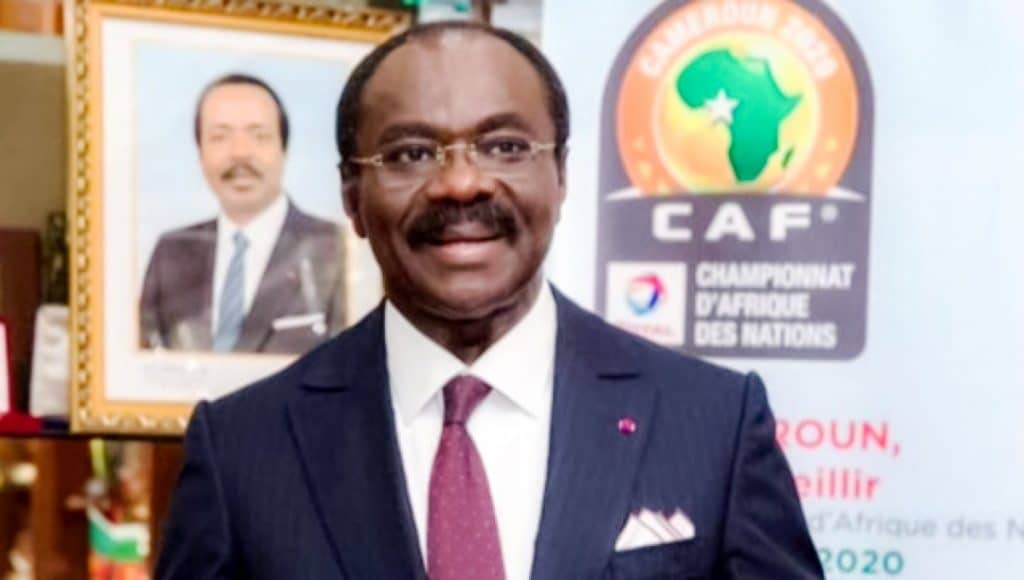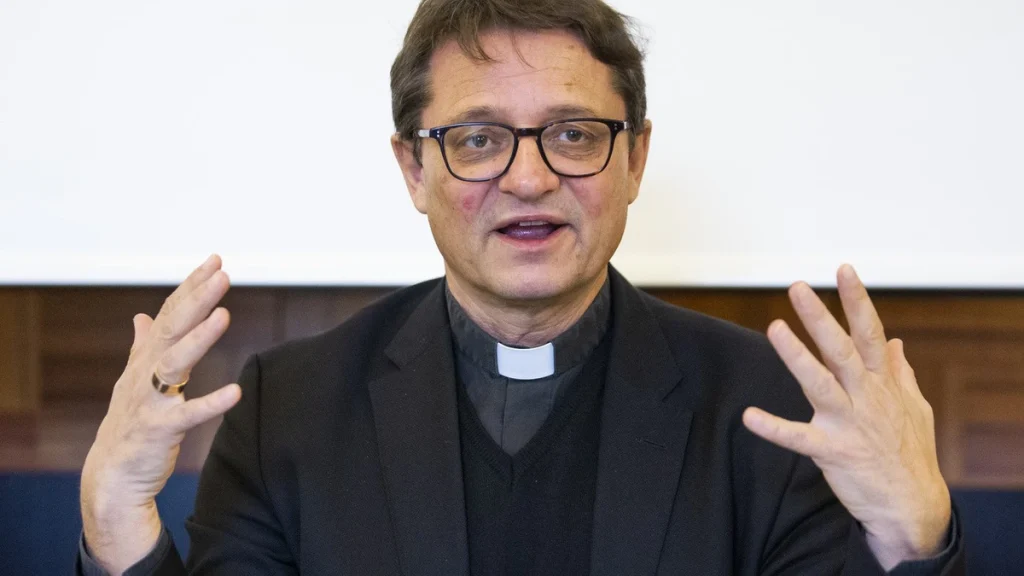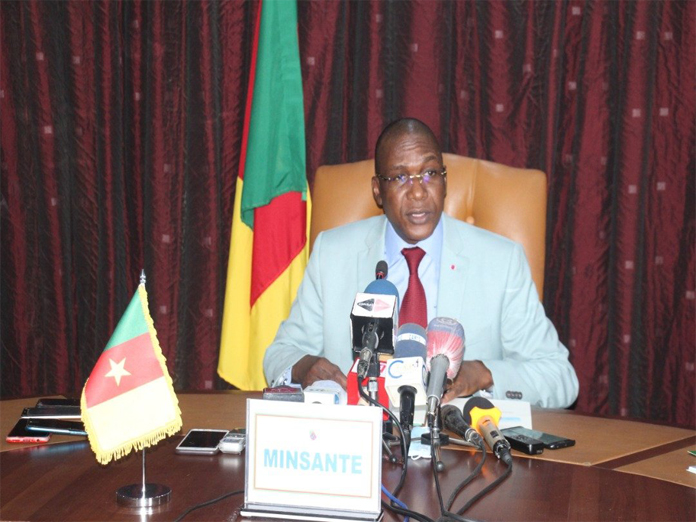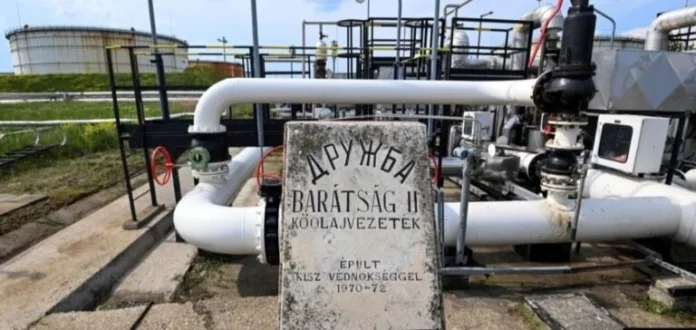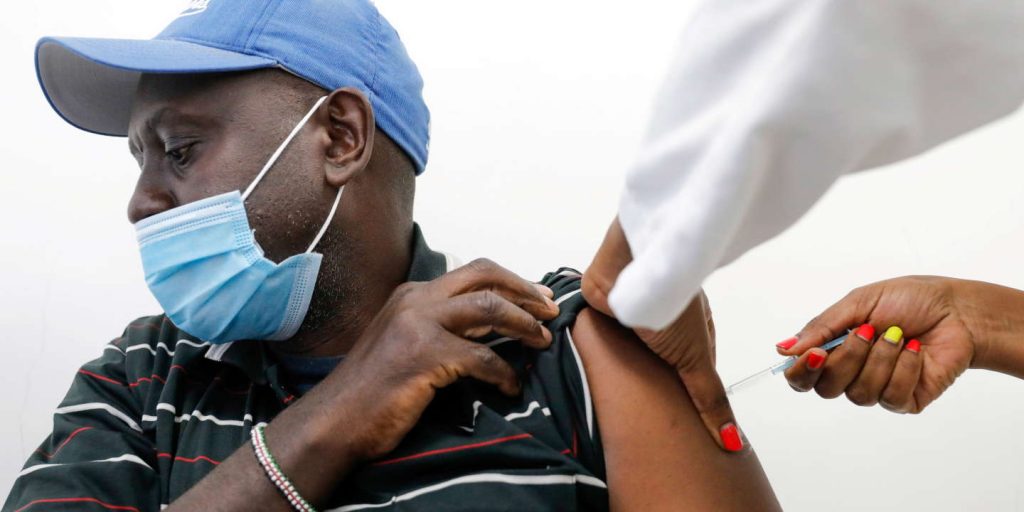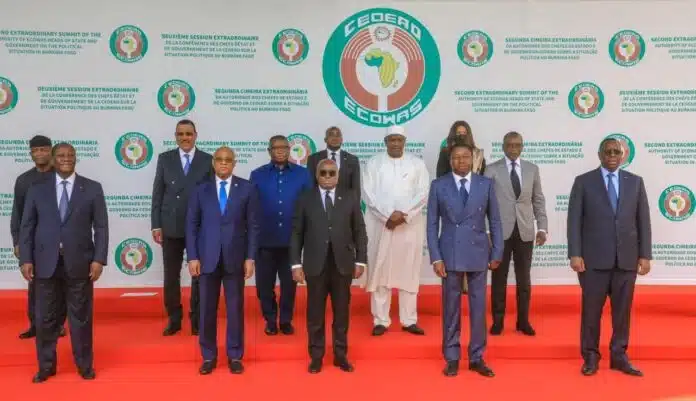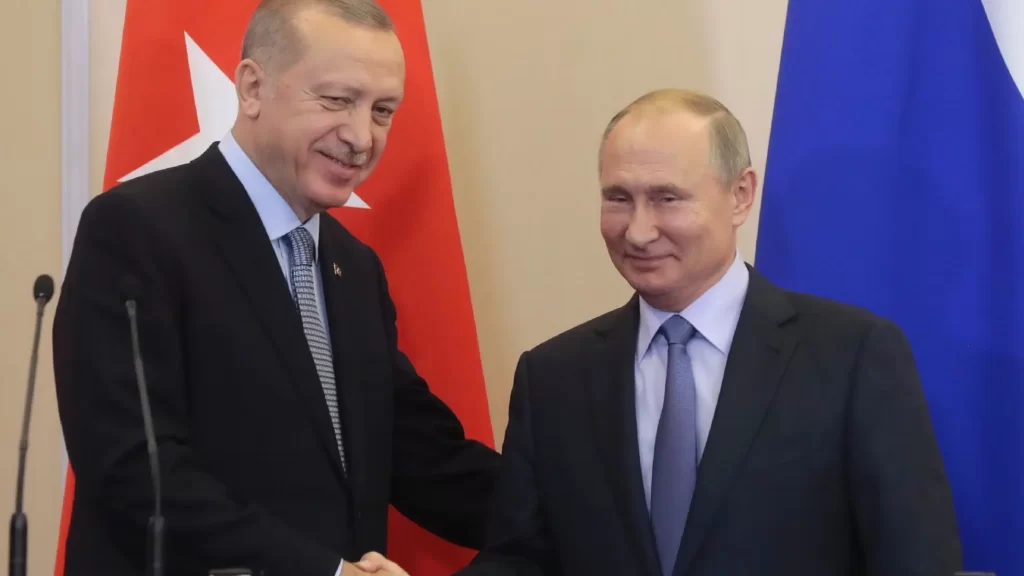African leaders have convened in Addis Ababa for the 38th African Union Summit, with reparations for historical injustices, the escalating conflict in the Democratic Republic of Congo, amid AU Chairperson elections dominating the agenda. These critical issues are set to shape the continent’s political and economic future as calls for unity and decisive action grow louder.
The 38th African Union Summit has opened in Addis Ababa, Ethiopia, bringing together leaders from across the continent to tackle pressing challenges shaping Africa’s future. Central to this year’s agenda are calls for reparations for the continent’s historical injustices, the ongoing crisis in the Democratic Republic of Congo (DRC), and ensuring credible elections in member states.
Reparations, a contentious issue, are receiving renewed attention as African leaders demand accountability and compensation for centuries of colonial exploitation and slavery. The discourse emphasizes the need for global acknowledgment and financial restitution to address the long-term socio-economic impacts of these injustices. However, divisions persist over how reparations should be pursued, with some advocating direct negotiations with former colonial powers, while others push for a unified African strategy.
Meanwhile, the deteriorating security situation in the DRC remains a top priority. The eastern region continues to face armed conflict, displacing millions and destabilizing neighboring countries. Delegates are exploring collaborative approaches to enforce peace, with proposals for increased regional military support and humanitarian aid. However, skepticism looms over the AU’s ability to implement long-term solutions.
Lastly, ensuring free and fair elections is underscored as pivotal for strengthening democracy in Africa especially at a time when the Continental body is holding its own election to elect a new Chairperson to takeover from outgoing Chadian Moussa Faki Mahamat. With several nations preparing for polls this year, the AU is urging member states to uphold electoral integrity, transparency, and inclusivity. The summit is also addressing the rise of military coups, calling for decisive measures to protect constitutional order.
As deliberations unfold, expectations are high for actionable resolutions, though the complexity of these issues highlights the need for unity and strategic leadership. The summit’s outcomes will undoubtedly shape Africa’s political, social, and economic trajectory in the years to come.
Njix


